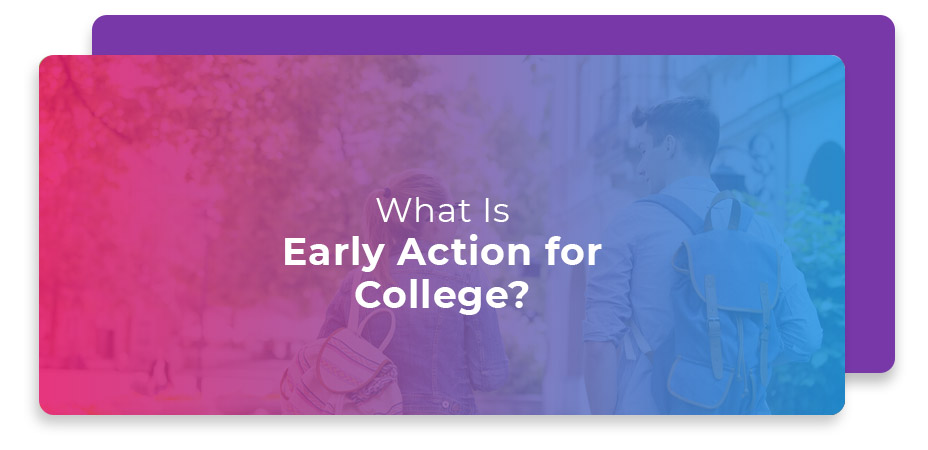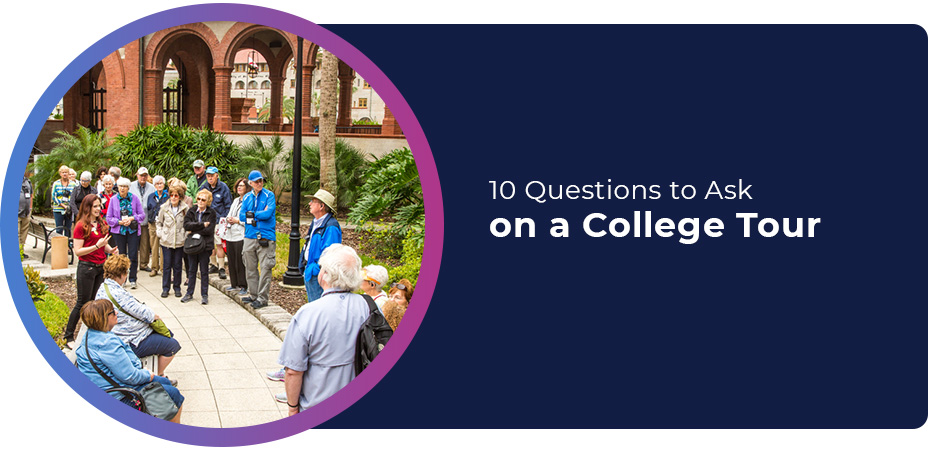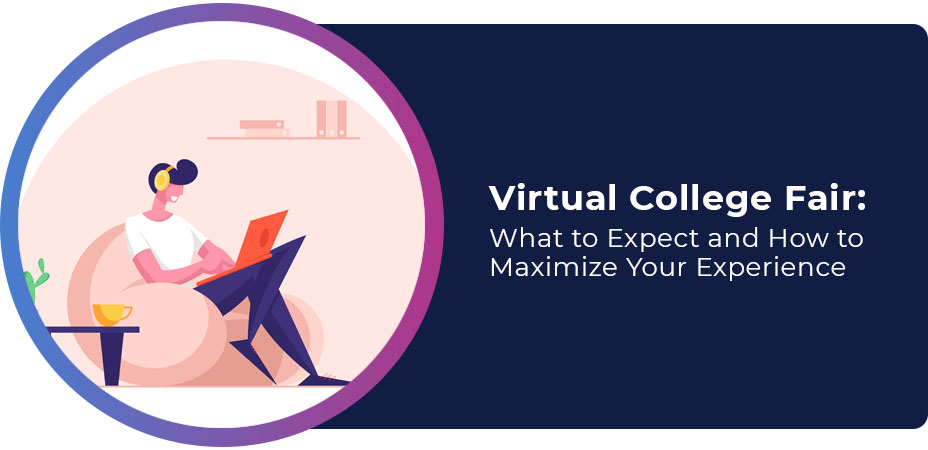Summary: Visits are a great way to preview what a college has to offer.
Comparing college options on paper is one way to evaluate if it’s right for you, but if you really want a feel for what the institution and experience has to offer, a college tour is the way to go. A college tour is also more than a walk around campus, it also helps you go through your checklist of priorities like classes for your major or a specific career path, dorms or campus housing, student clubs and activities, and more—a college tour gives you information that is not available virtually.
To save time and travel costs, you may also want to schedule tours to multiple colleges in the same geographic area. To optimize your college visit efforts, there are some things you can do to help it run as seamlessly as possible. Read on for four essential steps to prep for your visit.
1. Start Your Orientation Virtually
To get a sense of the campus size and surroundings, start with a virtual campus tour of colleges of interest. The Princeton Review compiled a list of virtual campus tours of colleges in all fifty states. College websites will also provide a map of the main campus and many offer a virtual tour as well. This online preview can give you a sense of the distance between classes and dorms or the distance from the student union to the cafeteria. You may also wish to use the street views of Google Earth to get a sense of the overall college size and surrounding community.
2. Vet Your Options with Extra Research
It helps to know as much as possible about the college or colleges of your choice before your visit, including details like its graduation rate for undergraduate bachelor degrees. The U.S. Department of Education (USDE) calculates a successful graduation rate in 8 years rather than four. The USDE’s College Scorecard shows individual college graduation rates, average cost per year, school size, and major fields of study; the website also indicates on average what a graduate will earn in a job.
Visiting the college website and its social media accounts can give you an idea of the school’s culture and student life. You will also want to investigate admission requirements, major fields of study, undergraduate advisement, housing, and financial aid. Some colleges have a freshman advising office that coordinates all of these services—if you cannot find the information you need online, consider contacting a specific department for more information.
3. Create a List of Questions
If you have determined a college (or colleges) you want to visit, brainstorm a list of questions that are important to you and you’d love to get the scoop on from a student ambassador. Here are some ideas to get you started:
- What made the jump from high school to college easier?
- Why do you like/love it here at [College Name]?
- What made you choose this college?
- How do students spend their free time?
These questions are just a starting point and a few conversation starters. Ultimately, you’re trying to get the best feel for what that specific college experience is like, so don’t be afraid to make a big list of things you’re specifically interested in learning about.
4. Get Your Visit on the Calendar
Many college advisors recommend scheduling a guided tour but also to leave time for walking around on your own. The goal of your visit is to learn as much as you can about the college so be strategic. Like all things with college readiness, starting early is helpful. Consider visiting colleges in the summer between your junior and senior year of high school. An early visit helps you to narrow your choices by your senior year.
During the summer months, colleges offer visits with guided tours usually led by students. These students can discuss college life based on first-hand experiences so don’t be afraid to ask questions. You may also want to schedule some appointments while you’re there, including with an admissions officer, collegiate advisor, housing representative, or financial aid officer. The time you spend in advance determining your priorities will help you make the most of every minute you’re on campus.
The Benefit of a Campus Visit
A campus visit gives you a more realistic viewpoint to do some comparison shopping, especially if there are several colleges of interest to you. Preparation can help you use your time on campus advantageously, so have an end goal in mind of what you wish to accomplish or what questions you want answered on your college visit. Beyond all the hype, a college visit gives you a real perspective of campus life. If you want to compare notes, get inspiration, or share your take-aways from a college visit, join the conversation in one of our college-focused groups in Tallo Community!







